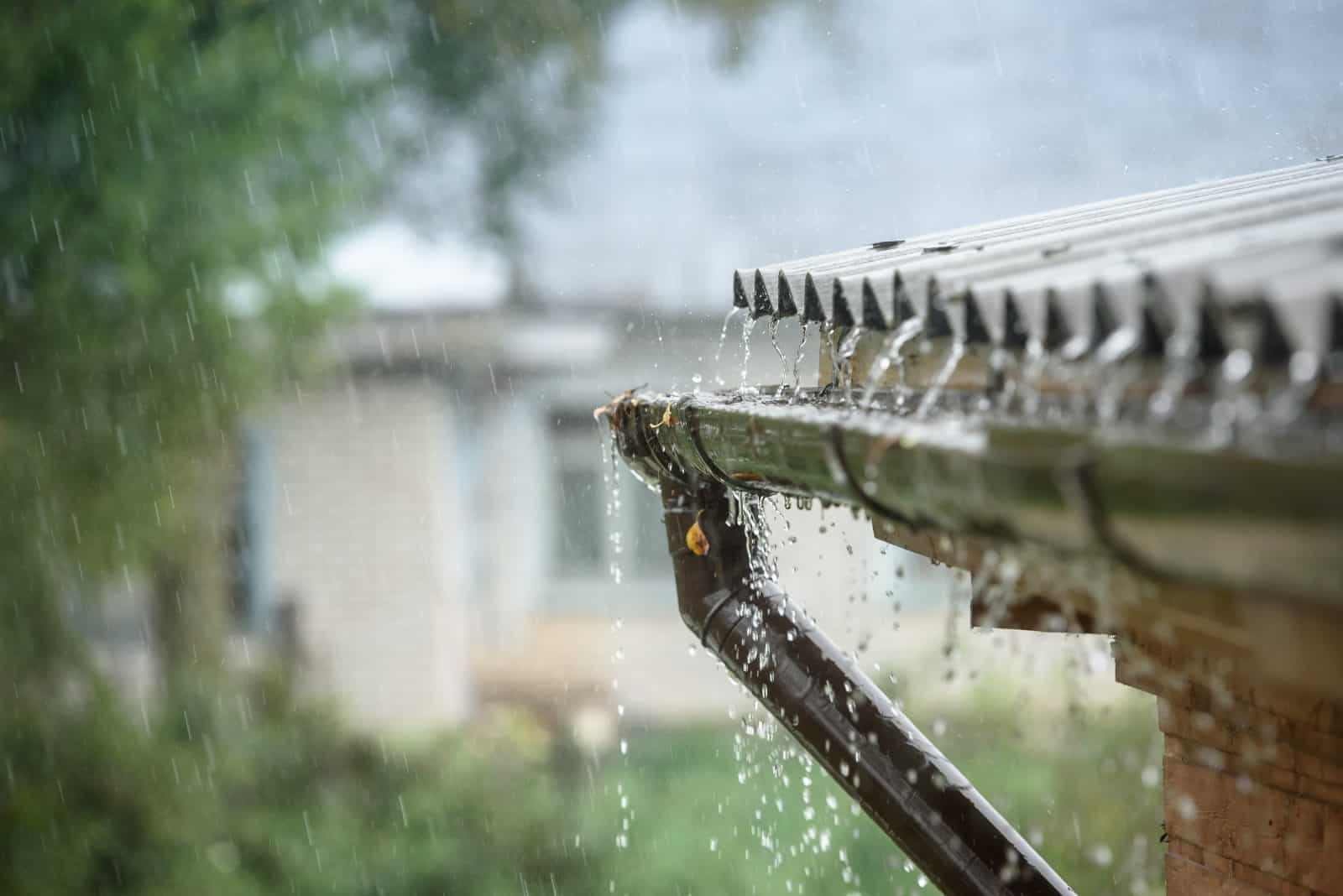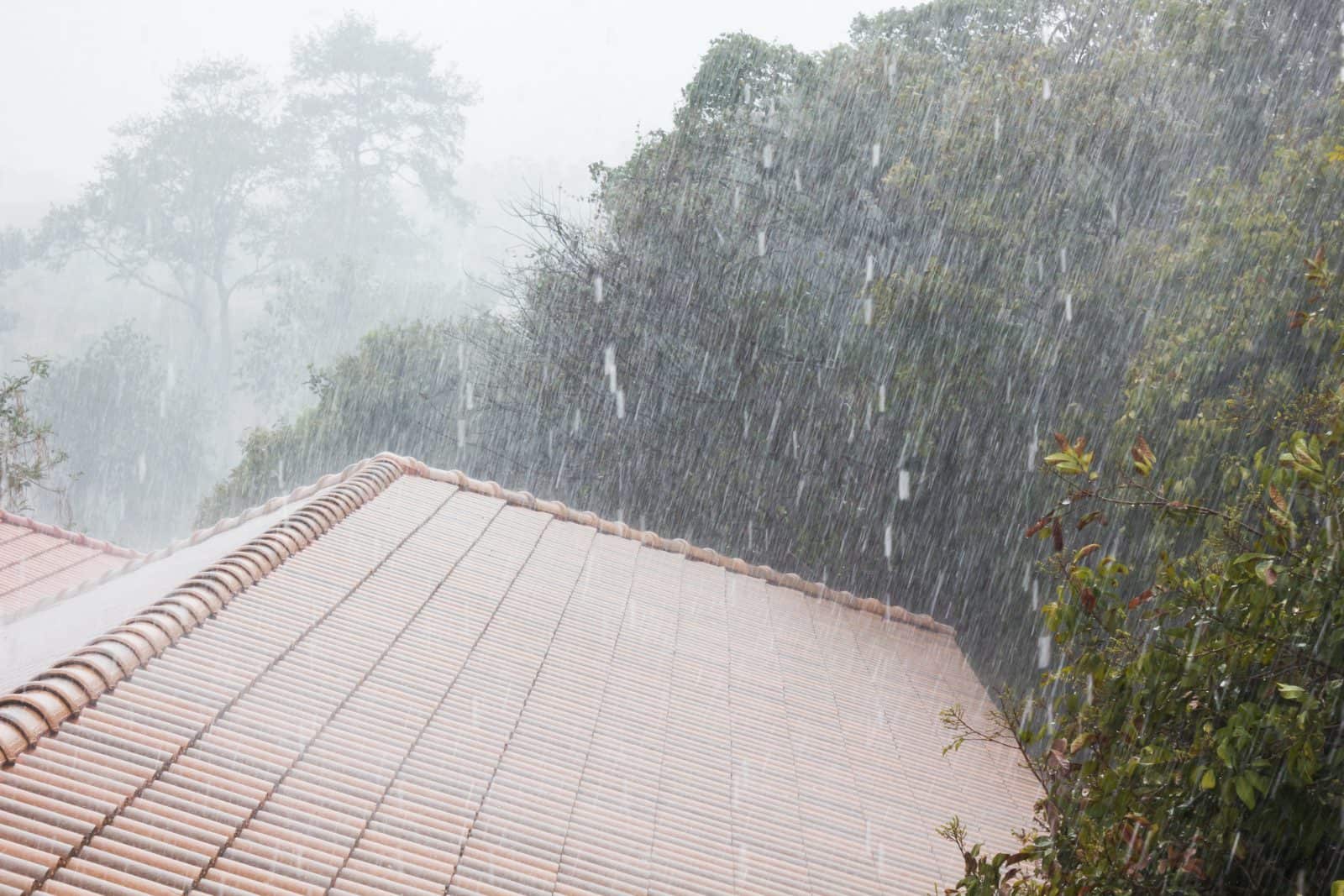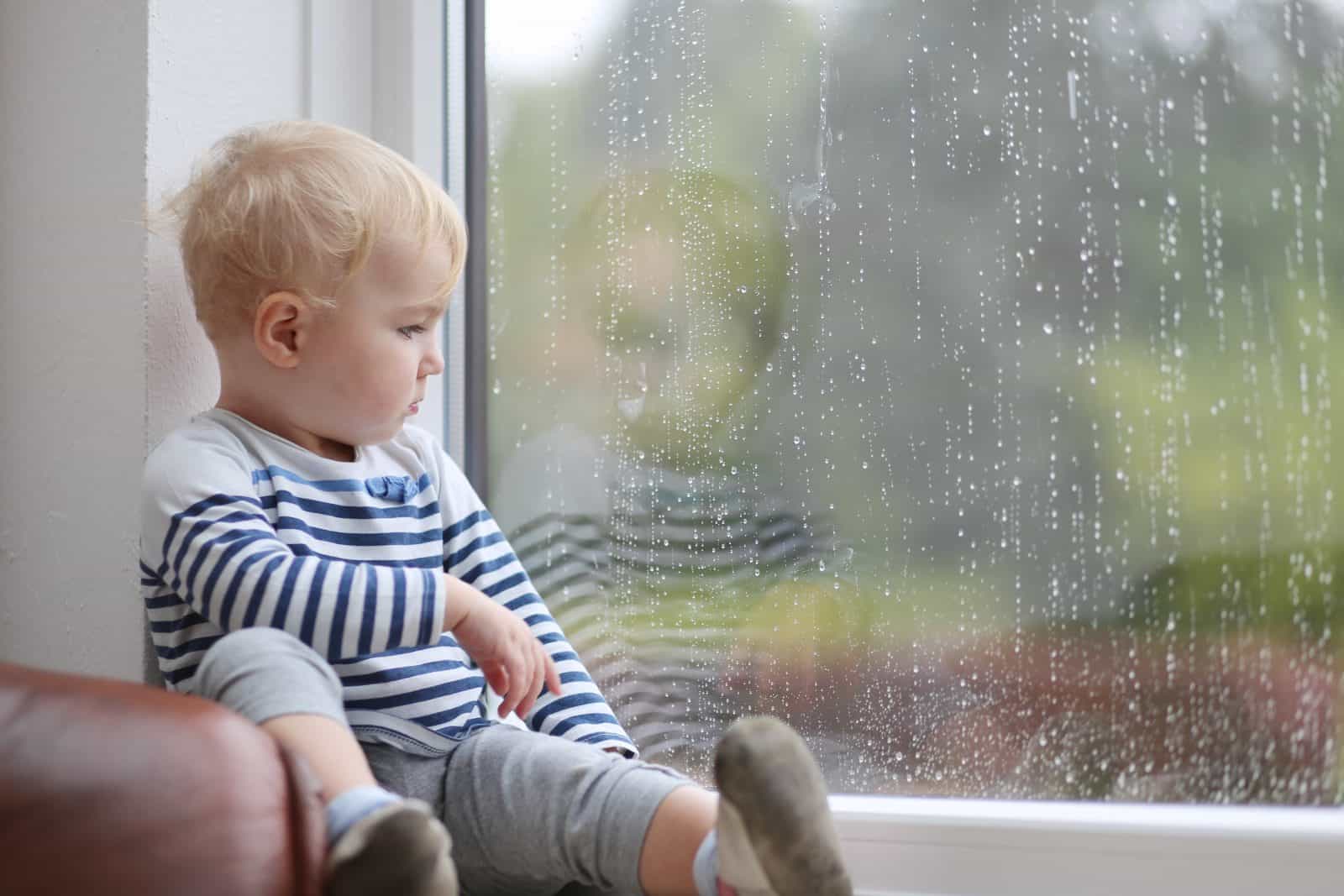
It’s no secret Australia is home to some of the worlds most extreme weather. From bushfires to floods and 40 degrees celsius to minus 10, Australians and their homes can be pushed to the limits.
Recently, the eastern parts of Queensland and New South Wales have received unprecedented rainfall. Breaking river banks and records it was a timely reminder to us all of exactly how powerful Australian weather systems can be.
Living in Australia, you have a responsibility to check your home after powerful weather systems for any damage that may have occurred.
Considering the recent downpour, here are some of the most important things to check post rain, to make sure your home is kept in the best condition possible.
After experiencing storms or heavy rain. The first thing to do, is a visual external check of your home. To be safe, it is also a good idea to turn your gas and electricity off before your first inspection.
Look for-
- Broken Glass
- Damage to the structure of your home
- Pooling water
- Mould
- Broken or damaged trees
If you have pets or young children, it’s also important to check your backyard for any mushrooms that may have sprouted with the wet conditions. Most of these can be extremely poisonous and deadly if consumed. To remove them, wear gardening gloves and dispose of them in the bin.

It is also a good idea to check all areas of the inside your home for any standing water. Mould takes just over 48 hours to start growing when there is water present and it can also lead to corrosion of the foundations of your home.
If there is any mould in your house, for the safety of everyone living there it is important to clean it thoroughly. To clean any mould off walls and windows, create a mixture at a concentration of 80% vinegar to 20% water and pour into three separate buckets.
Using a microfibre cloth, dip it into the first bucket, then use it to clean a patch of mould. The same microfibre cloth should then be rinsed in the second bucket, then rinsed again in the third to ensure cross-contamination doesn’t occur.

When you get the opportunity and it is safe to do so, check your roof and gutters
Check gutters and roofing for any signs of damage.
Your roofing and gutters are your homes first line of defence during wild weather. You may have noticed a leak during the rain or storm, or one may have occurred during that you haven’t noticed yet.
Gutters may have also become clogged or damaged with debris and to keep your home and roof safe, clearing this and inspecting them for damage is extremely important.
Don’t take a risk with your roof, contact Australia’s leading roofing experts for more than 40 years for a free 33 point inspection on 13 11 78.
Next time it rains, you’ll be very glad you did.

Note from State Emergency Services NSW, during severe thunderstorms and weather events that people should:
* Move your car under cover or away from trees.
* Secure or put away loose items around your house, yard and balcony.
* Keep at least 8 metres away from fallen power lines or objects that may be energised, such as fences.
* Report fallen power lines to either Ausgrid on 131 388, or Endeavour Energy on 131 003 or Essential Energy on 132 080, as shown on your power bill.
* Keep clear of creeks and storm drains.
* Don’t walk, ride your bike or drive through flood water.
* If you are trapped by flash flooding, seek refuge in the highest available place and ring 000 if you need rescue.
* Unplug computers and appliances.
* Avoid using the phone during the storm.
* Stay indoors away from windows, and keep children and pets indoors as well.
* For emergency help in floods and storms, ring the SES (NSW and ACT) on 132 500.

